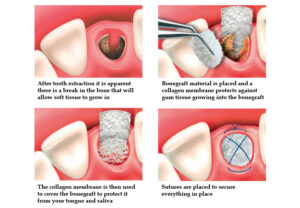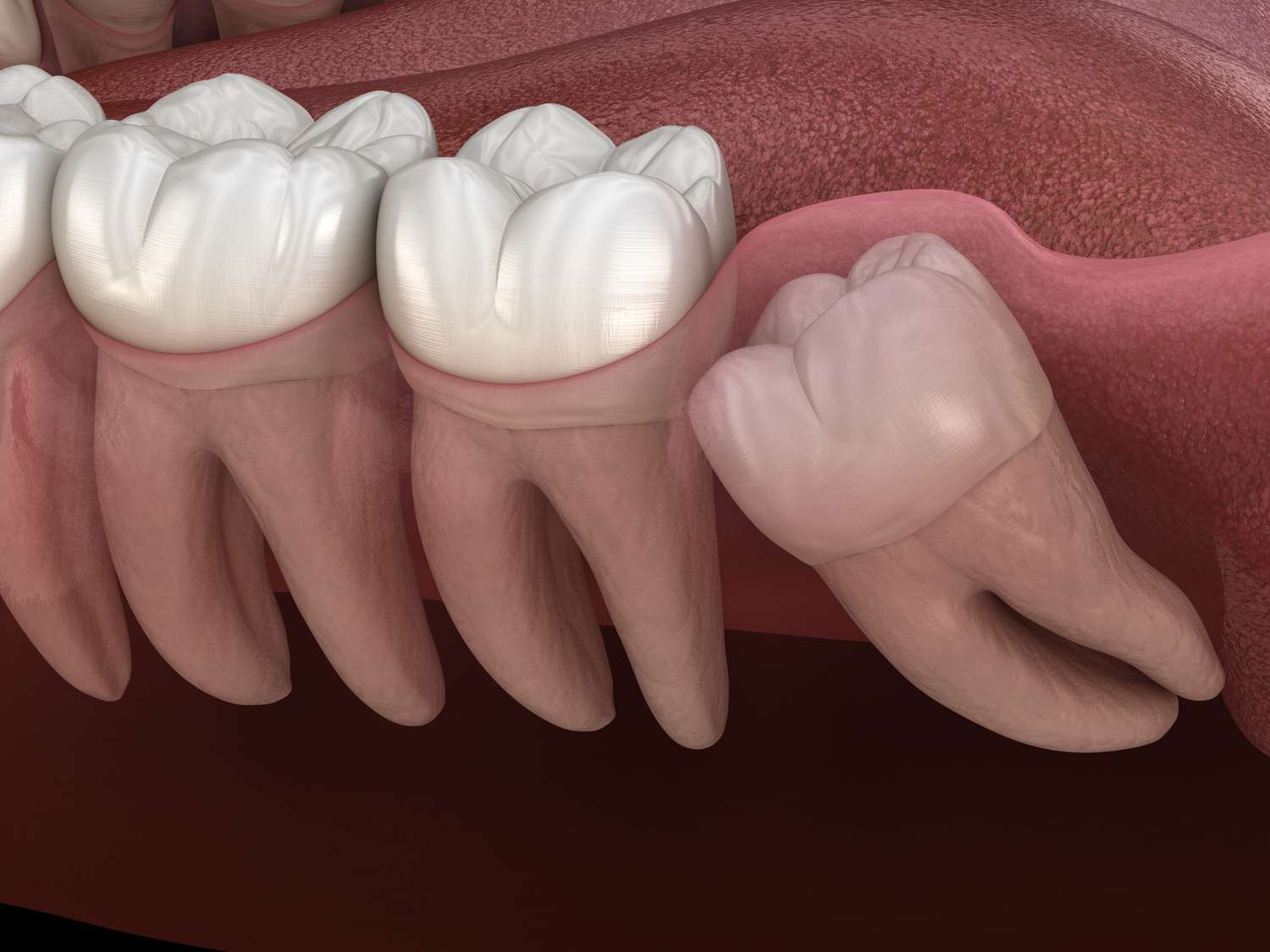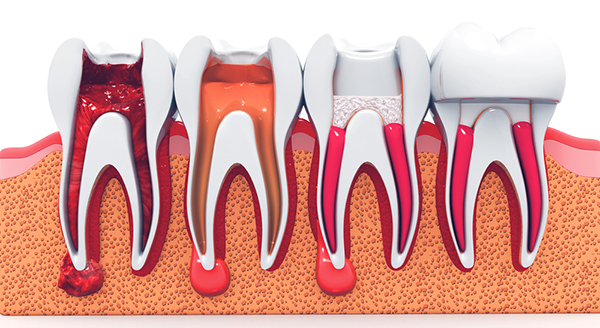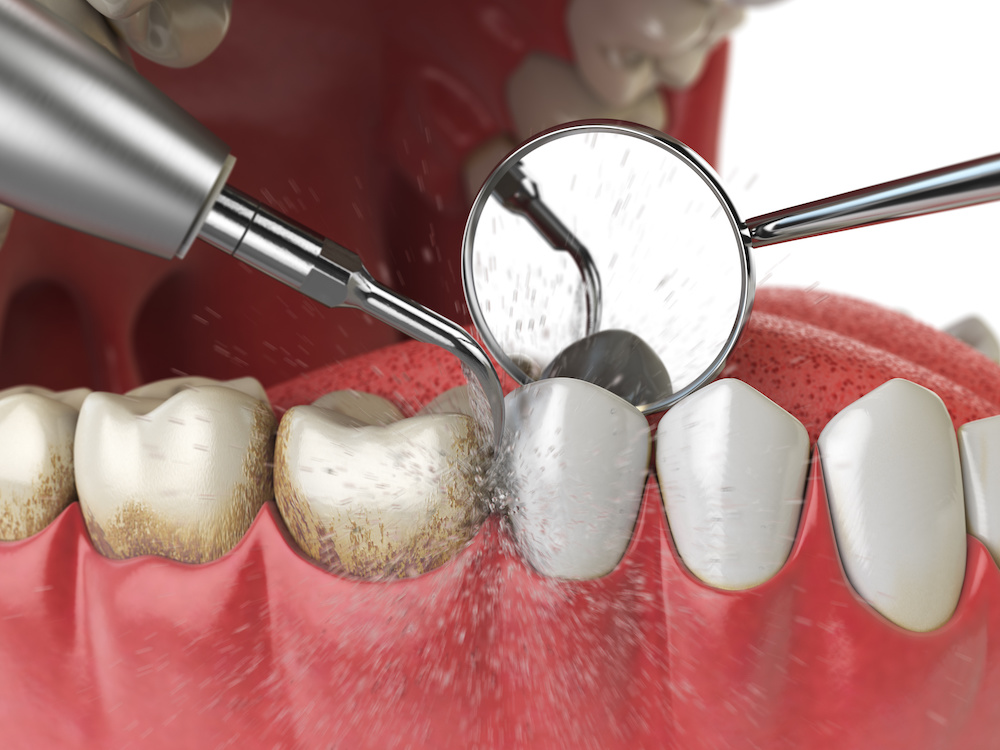Wisdom Teeth Removal: When Do They Come In, Do They Need to Be Removed, and What Happens If You Don’t?
Click for Quick Consultation at vituras
Wisdom teeth, also known as third molars, are the four teeth that grow in the back of your mouth, one in each corner.
At some point in your life, you’ll likely have to deal with your wisdom teeth. These four molars, which usually erupt between the ages of 17 and 25, can cause a variety of problems, including pain, infection, and damage to other teeth.
So, what should you do about your wisdom teeth? Do you need to have them removed?
In this blog post, we’ll answer these questions and more. We’ll discuss when wisdom teeth come in, who needs to have them removed, what happens if you don’t remove them, how wisdom teeth removal is done, and how long it takes to heal.
We’ll also provide tips on what to do before and after wisdom teeth removal.
So, if you’re wondering about your wisdom teeth, read on for the answers you need.
Do wisdom teeth come in for everyone?
Not everyone has wisdom teeth. In fact, about 20% of people don’t have any wisdom teeth at all. Others may only have one or two.
Do wisdom teeth need to be removed?
Not always. If your wisdom teeth come in straight and there is enough room for them in your mouth, they can stay. However, wisdom teeth often come in crooked or impacted, which can cause problems.
What happens if you don’t remove impacted wisdom teeth?
Impacted wisdom teeth can cause a number of problems, including:
- Pain: Impacted wisdom teeth can cause pain in your jaw, teeth, or face.
- Infection: Impacted wisdom teeth can become infected, which can lead to swelling, redness, and fever.
- Damage to other teeth: Impacted wisdom teeth can put pressure on other teeth, which can cause them to shift or decay.
- Oral health problems: Impacted wisdom teeth can make it difficult to brush and floss your teeth, which can increase your risk of cavities and gum disease.

How is wisdom teeth removal done?
Wisdom teeth removal is a surgical procedure that is usually performed in a dentist’s office or an outpatient surgery center. The procedure is usually done under local anesthesia, which means that you will be awake but numb. In some cases, general anesthesia may be used.
The dentist will make an incision in your gum to access the wisdom tooth. The tooth will then be removed using a variety of instruments, such as forceps, a drill, or an ultrasonic device.
How long does it take for wisdom teeth removal to heal?
Most people recover from wisdom teeth removal within a few days. However, it is important to follow your dentist’s instructions carefully to ensure a smooth recovery.
Does wisdom teeth removal hurt?
Wisdom teeth removal can be a painful procedure, but there are a number of things you can do to manage the pain, such as:
- Taking over-the-counter pain medication, such as ibuprofen or acetaminophen.
- Applying a cold compress to your jaw.
- Getting plenty of rest.
What should you do before and after wisdom teeth removal?
Before wisdom teeth removal, you may need to follow a few instructions from your dentist, such as:
- Stopping smoking.
- Avoiding certain medications.
- Eating a soft diet.
After wisdom teeth removal, you will need to follow your dentist’s instructions carefully, such as:
- Rinsing your mouth with warm salt water.
- Eating a soft diet.
- Avoiding strenuous activity.
- Taking over-the-counter pain medication as needed.
If you have any concerns about your wisdom teeth, talk to your dentist. They can help you determine if you need to have your wisdom teeth removed and can answer any questions you may have.
You can also read about











